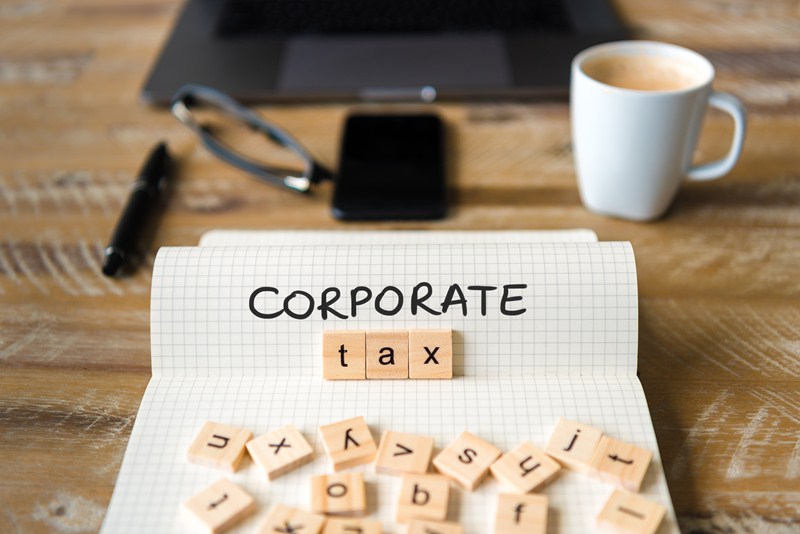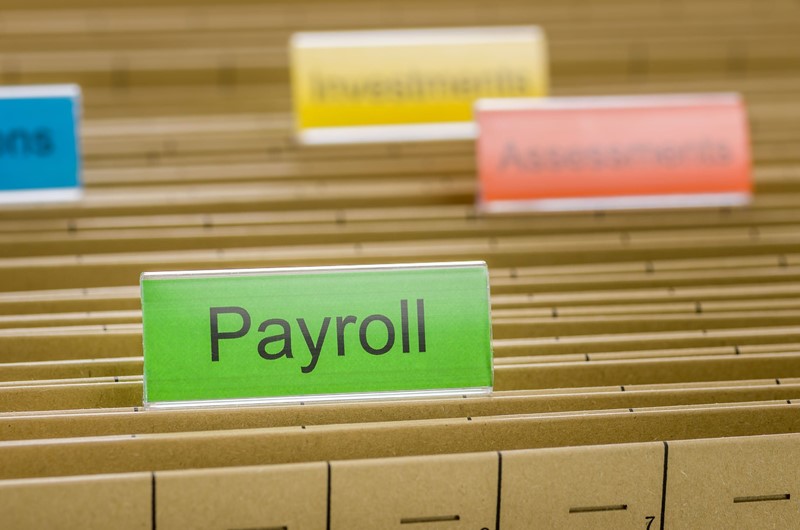If your business grants a customer time to pay – say 30 days – after the services or goods supplied have been delivered, effectively, your money stays in their bank account for 30 days.
Further, if you have incurred costs regarding a sale, that have to be paid for before your customer settles their bill, you are out of pocket until your account is settled.
Many business owners are driven by sales targets and to meet these targets many are tempted to offer extended payment terms.
There is a well-worn cliché in business that cash is king. Your business only has choices – regarding the sales it makes – once your customers’ money is in your bank account.
Actually, once you have made a sale, if you allow customers extended credit terms you are basically saying it is OK to leave your money in their bank accounts.
The major risk from offering over generous credit terms is over-trading. If you have to pay for your goods and services on terms less generous than those you offer your customers, you will run out of spending power unless you have substantial cash reserves.
Recent economic challenges have bleached away many rainy-day funds, and so, our ability to leave cash in customers’ bank accounts may place us in a position where we basically become cash insolvent, even if we are profitable and have surplus net assets.
The next time you are tempted to extend credit in order to win a sale, take advice. We can help you consider the wider consequences of your sales strategy and its impact on cash flow.












